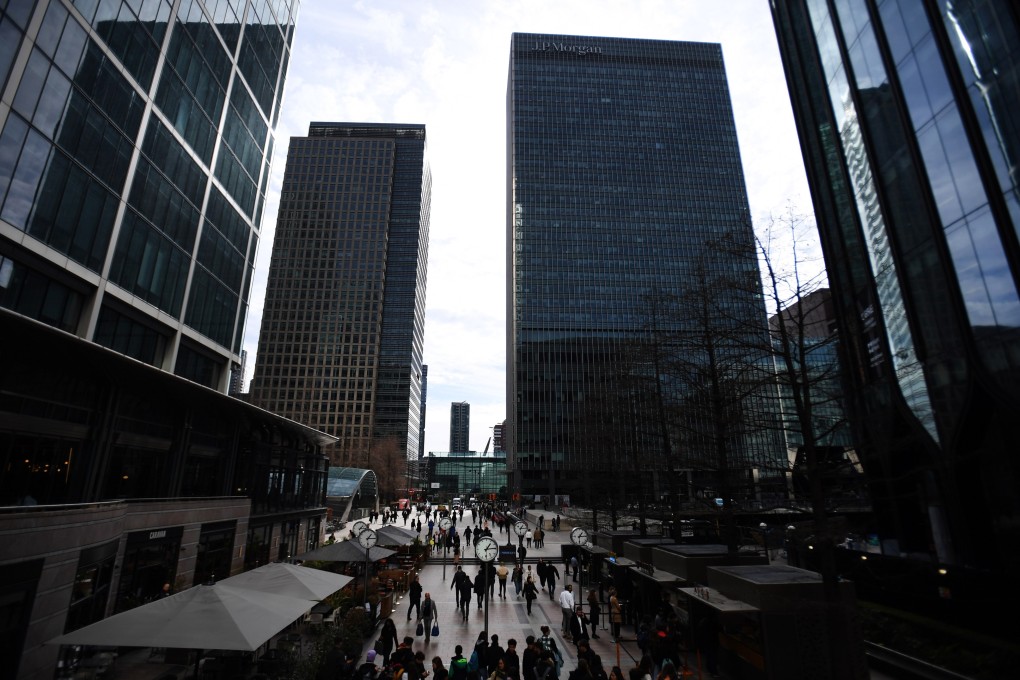Macroscope | In wake of SVB, Credit Suisse and other bank troubles, should hedge funds be banned to avert financial meltdown?
- Hedge fund traders targeting distressed companies to make a kill will fatten their clients’ pockets at the expense of further destabilising the financial system
- They were banned too late in 2008 for a crisis to be averted. The same mistake must not be made today

With all the damage being inflicted on financial markets right now, it begs the question whether the activities of hedge funds should be severely reined in or even banned altogether. Hedge funds might make a lot of money for a tiny, privileged few but it has to be weighed against the carnage they cause in terms of increased market volatility and the suffering they wreak when they go for the jugular of the businesses, banks and governments which they target.
Highly leveraged short-selling, risky options trades and complex derivative plays may work wonders for making a quick buck, but the cost of businesses going under, the lives ruined and the burden on taxpayers from costly bank bailouts cannot be justified.
Hedge funds may say it’s nothing personal and only business, but it wrecks livelihoods, jeopardises hard-won prosperity and, in the worst case, harms people when things go badly wrong. Have hedge funds outlived their usefulness to the world?
For me, it is personal. I have first-hand experience of the gut-wrenching feeling of watching the bank where I worked for over 14 years wiped out by the brute force of hedge funds and speculators piling in to destroy it. Fifteen years on from the collapse of Bear Stearns in March 2008, I can still feel the shock, anger and despair I experienced along with 14,000 workmates, many of whom lost their jobs and, in one sad case, a colleague who lost his life.
By the time traders had swooped in on Lehman Brothers six months later, trillions of dollars had been wiped off share values and the global economy had been plunged into deep recession.
It was only when the crash threatened to bring down the global banking system that the US Securities and Exchange Commission stepped in to ban short-selling of shares in banks and financial companies, a measure quickly repeated in other countries.
